Sounds like we’ve got a lazybones over here.
- 0 Posts
- 133 Comments
Sounds like we’ve got a lazybones on our hands.

 7·30 days ago
7·30 days agoBy the way, if you want something at a cheaper price point but still high quality for your son, I’ve been buying from these guys:
https://www.stirlingsoap.com/collections/eau-de-toilettes
I don’t think they have anything that smells like Chanel No. 5, and most of the scents are more masculine. But a few are feminine (duchess, queen of hearts, evie, sweet stuff, witchy woman). Some of their scents are “inspired by” (basically copies of) more well known and expensive scents.
My personal favorite is Haverford, named after the Parks and Rec character.
I am seriously not into perfume/cologne at all, and I’m sure someone more knowledgeable would have better suggestions. But thought I’d throw in my 2c. Especially since the stuff that Sterling scents are inspired by is often 5x or 10x the price.

 5·1 month ago
5·1 month agoI looked and found 6 unclaimed funds for my brother and my parents in the state I’m originally from. They were all under $100. Probably won’t know exact $ until they make a claim. The types of funds include: insurance premium refunds, customer overpayments from banks, a refund from an ISP, and a trust liquidation.
I had one die in my home server. Hadn’t gotten around to any backups or redundancy yet because it was “just” for configs and metadata for media apps. Took me like 5-10 hours to rebuild the config though which was annoying. Would take me much longer now if it happened again. I no longer have that SSD as a single point of failure in my system.

 2·1 month ago
2·1 month agoSome places in mountain towns the avalanche danger can rise to the level that authorities declare it illegal to leave any building, and violators will be arrested. It’s called an “interlodge”. Basically it’s saying “it’s so dangerous outside that we don’t want to have to mobilize search and rescue just because your dumb ass couldn’t follow the rules”. Interlodges can potentially last for days.
I see. The word lie is strong, and it’s entirely within the realm of possibility that you never had any issues arise with your install. I see your point, and apologize for perhaps a bit of grandstanding on my behalf. I was more focused on the pros/cons of different types of distros, and missed the reason why you were acting defensively.
I feel this kind of conversation still isn’t super helpful though (for either of you). I mean it clearly can be true that one person (or one chunk of the community) has no issues, while another person (and maybe another good chunk of the community) does have issues. Though perhaps in getting involved, I haven’t really helped either.
I’ve had my own issues with two different laptops over the years, and in that time I’ve seen multiple packaging/dependency issues hit a majority of Arch users. My own issues are often caused by bugs on the bleeding edge that users on a non-rolling distro dodge altogether. For me these have mostly been easy to resolve, but it’s a much different experience compared with “stable” distros, where similar changes that require manual intervention (ideally) happen at a predictable cadence, and are well-documented in release notes.
I still strongly prefer Arch, as I’ve hit showstoppers and annoyances with “stable” distros as well. I guess I’m saying I don’t really understand your responses, and why you seem so critical of user anecdotes in this space, when your original comment was a (perfectly fine) anecdote about how everything’s working for you. That’s great! But we can also point to many examples caused directly by bugs or dependency issues that only crop up in a rolling release. Taking all these data together, good and bad, pros and cons, working and not working, can help us learn and form a more complete picture of reality.
What you’ve said is true, though it’s a bit of a trade-off – over the years I’ve wasted so many hours with those “user friendly” distros because I need a newer version of a dependency, or I need to install something that isn’t in the repos. Worst case I have to figure out how to compile it myself.
It’s very rare to find something that isn’t in the Arch official repos or the AUR. Personally I’ve found that being on the bleeding edge tends to save me time in the long run, as there’s almost no barriers to getting the packages that I need.

 7·2 months ago
7·2 months agoRight, but if you want a digital video library that hasn’t been compressed to hell by some streaming company then your only option is using Blu-ray as a source.

 4·3 months ago
4·3 months agoI had the same surgery for $7600 a year ago.
My glasses prescription was really strong, and my corneas are really thin, so LASIK wasn’t an option for me.
Anyone considering this surgery should research the side effects and risks (there are some meta-papers in medical journals that go over these items).
I experienced all of the visual artifacts below in the days/weeks after my surgery. At first they were very bad/noticeable.
After a couple of weeks, the only major issue was still getting halos. (Occasionally I also get the ghosting like in the Netflix image especially if my eyes are very tired).
Those have gradually diminished over the last year, and 99.9% of the time, I don’t even notice that I have the lenses in.
Night driving is a bit more annoying because I still get a lot of halos there, but it’s manageable, and my brain is better at filtering them out.
Overall getting this surgery was one of the best decisions I’ve ever made. I see better than 20/20, and no longer have to wear glasses/contacts. But I’m saying (to anyone reading this and considering it), go into it with the expectation of some risk (e.g. could cause early cataracts), and give your body time to recover from the surgery and your brain time to adapt & filter out the halos.
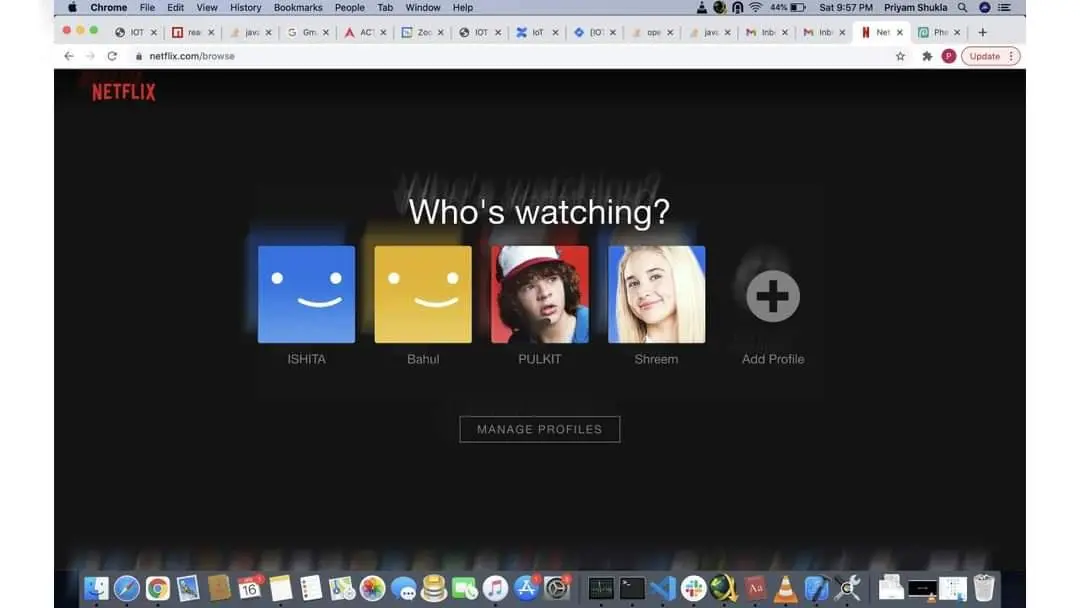
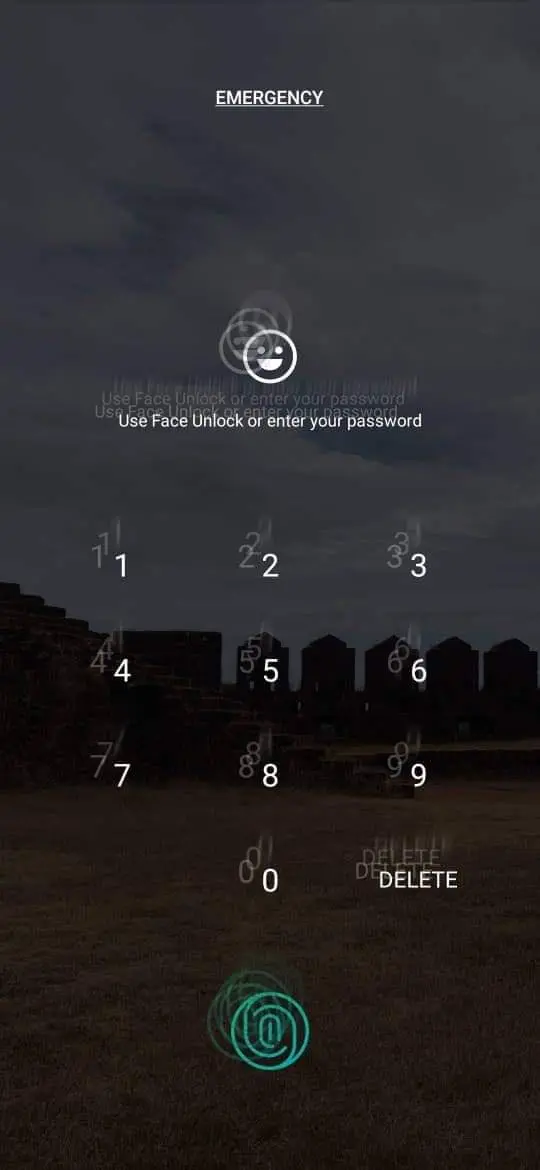
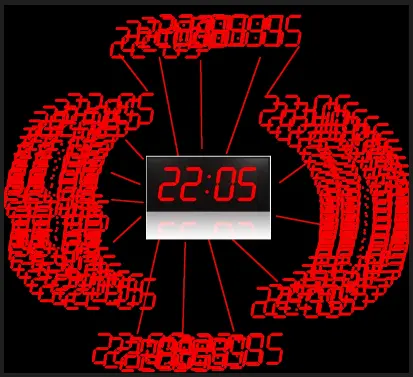
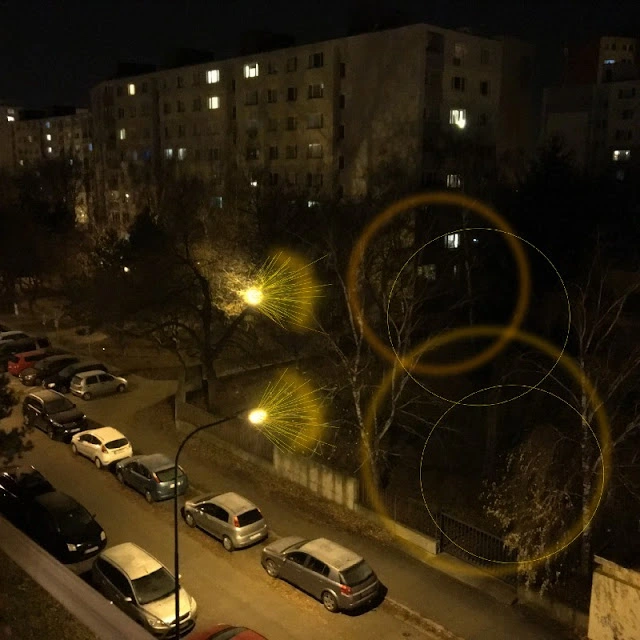
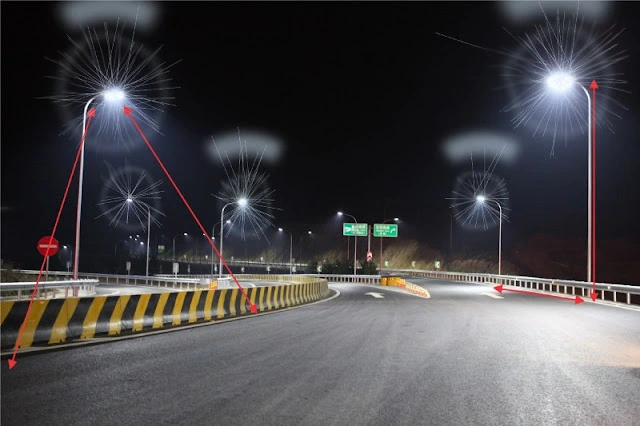

 1·3 months ago
1·3 months agoYes, what you’re saying is the idea, and why I went with this setup.
I am running raidz2 on all my arrays, so I can pull any 2 disks from an array and my data is still there.
Currently I have 3 arrays of 8 disks each, organized into a single pool.
You can set similar up with any raid system, but so far Truenas has been rock solid and intuitive to me. My gripes are mostly around the (long) journey to “just Docker” for services. The parts of the UI / system that deals with storage seems to have a high focus on reliability / durability.
Latest version of Truenas supports Docker as “apps” where you can input all config through the UI. I prefer editing the config as yaml, so the only “app” I installed is Dockge. It lets me add Docker compose stacks, so I edit the compose files and run everything through Dockge. Useful as most arrs have example Docker compose files.
For hardware I went with just an off-the-shelf desktop motherboard, and a case with 8 hot swap bays. I also have an HBA expansion card connected via PCI, with two additional 8 bay enclosures on the backplane. You can start with what you need now (just the single case/drive bays), and expand later (raidz expansion makes this easier, since it’s now possible to add disks to an existing array).
If I was going to start over, I might consider a proper rack with a disk tray enclosure.
You do want a good amount of RAM for zfs.
For boot, I recommend a mirror at least two of the cheapest SSD you can find each in an enclosure connected via USB. Boot doesn’t need to be that fast. Do not use thumb drives unless you’re fine with replacing them every few months.
For docker services, I recommend a mirror of two reasonable size SSDs. Jellyfin/Plex in particular benefit from an SSD for loading metadata. And back up the entire services partition (dataset) to your pool regularly. If you don’t splurge for a mirror, at least do the backups. (Can you tell who previously had the single SSD running all of his services fail on him?)
For torrents I am considering a cache SSD that will simply exist for incoming, incomplete torrents. They will get moved to the pool upon completion. This reduces fragmentation in the pool, since ZFS cannot defragment. Currently I’m using the services mirror SSDs for that purpose. This is really a long-term concern. I’ve run my pool for almost 10 years now, and most of the time wrote incomplete torrents directly to the pool. Performance still seems fine.

 8·3 months ago
8·3 months agoNow that Truenas Scale supports just plain Docker (and it’s running on Debian) I think it’s a great option for an all-in-one media box. I’ve had my complaints with Truenas over the years, but it’s done a really great job at preventing me from shooting myself in the foot when it comes to my data.
I believe raidz expansion is also now in stable (though still better to do a bit of planning for your pool before pulling the trigger).
Seems like people have been doing this enough that companies have started to disable the functionality. Comcast will just hang up on you nowadays if you spam zero.
My trick lately to speed things up with Comcast is just go straight to cancellations. I always immediately get a human on the phone. I them tell them what I’m actually calling about, and they will then transfer me to the correct department.

 3·4 months ago
3·4 months agoI do this at work whenever I ssh into a server.
Streams flac. Good supplement to piracy. I might switch to Qobuz sometime, but it works well for now.

 4·4 months ago
4·4 months agoFor me digital wallet is a bit more convenient than using my real wallet, but not essential. I have one credit card that I use all the time, but it seems my bank hasn’t bothered to make it work with NFC payments yet for some reason, but it works with Google Wallet so that’s nice.
I also always keep my wallet with credit cards and a little bit of cash as a backup. One time I was out at a bar and there was a power outage. They were still serving drinks, but instantly all transactions switched to cash only. I think it makes a lot of sense to have backup options.
The opposite can be good too – your phone as a backup just in case you forget your wallet.
It’s probably not entirely been worth the effort to stay up to date with changes whenever Google breaks things. At some point I may stop. I guess one immediate value has been that watching things unfold has hastened the souring of my view on Google. I am now frequently looking for ways to avoid their ecosystem, and avoid big companies / non open source in general. I’m far from ready to leave the ecosystem on every front. But at the very least, I would never recommend a Google product in my professional life at this point, at least not without careful planning of an exit strategy.




Sounds like we’ve got a lazybones over here.